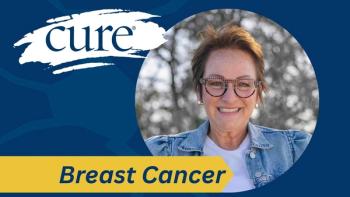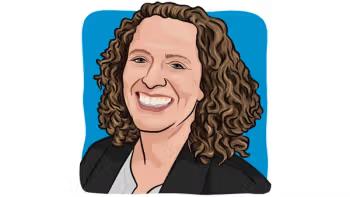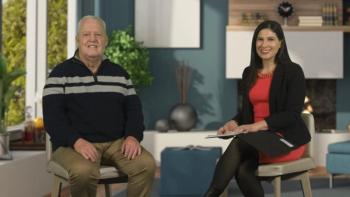
Setting Up a Caregiver Team
A guide and resources for how caregivers can set up a support team to organize help from family and friends, delegate responsibilities, ask for and accept support and favors during their caregiving role through the cancer journey.
Assembling a crew of helpful friends and family is crucial in the beginning. And while you may be perfectly capable of handling everything that needs to be done, experts worry that caregivers are often the last ones to take care of themselves, especially during a time when support is critical.
Start by making a list of tasks you’ll need help with (this could be meals that need to be delivered or laundry that needs to be done). Then, think of all the family members, friends, neighbors, or fellow congregants at your house of worship who can be a reliable source of support.
Call for help. If you’re in the thick of doctors' visits and are overwhelmed, the laundry should be the last thing on your to-do list. Don’t be afraid to ask family members and friends to help. Most friends would gladly offer to bring a meal. Some might do laundry. Family members might be willing to offer transportation as needed, or may spend the night in the hospital or in your home. If you need help, ask. Often friends and family want to help, but don't know what to offer.
Seek out emotional support. Finding support for yourself from family, friends, or your faith community will help you guide your loved one and keep you from becoming fatigued and overburdened. This kind of support can often come from established communities such as
Use technology to keep everyone in the loop. To most easily update friends and extended family on how the patient is doing when you’re in the midst of constant doctors' visits, chemotherapy sessions, and other treatments, consider setting up a website. You’ll receive support and inspiration by encouraging visitors to post messages, and your friends and loved ones will be able to easily stay in the loop. Sites such as




